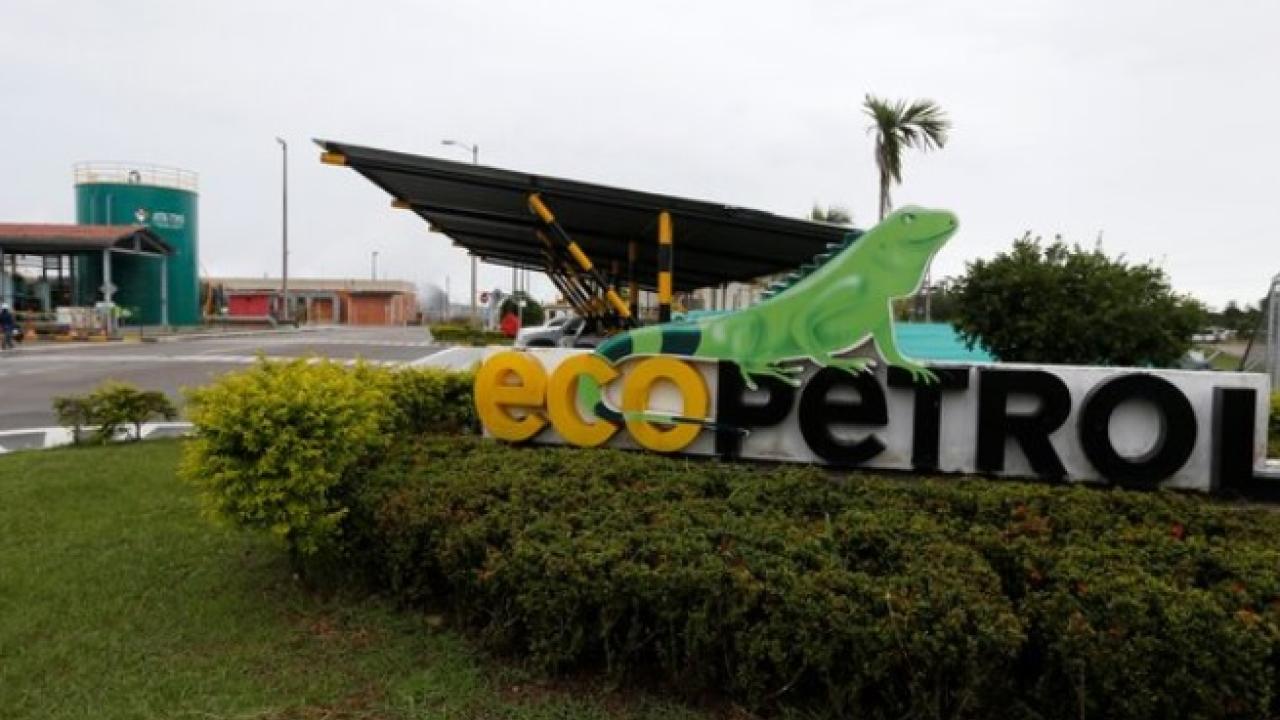
For the Comptroller's Office, it is urgent to address the financial situation of the state oil company given the Government's deficiencies in the payment processes of the Fuel Price Stabilization Fund.
The Fuel Price Stabilization Fund (FEPC) is a tool that was created more than a decade ago to protect Colombians from increases in the price of gasoline and diesel due to variations registered in the international market.
Over the years, this fund proved to be highly unsustainable, registering a billion-dollar deficit that has been mitigated by the progressive increase in the price of a gallon of gasoline, as well as the new adjustments made to the value of diesel. This year the gap is expected to close to around $12 billion.
All of these costs have had to be assumed, first of all, by Ecopetrol (a state company and the largest in Colombia), a company that subsequently receives resources from the nation's budget. However, that time that passes between what you pay and what you receive from the Government would be affecting your finances.
This is what the Comptroller General of the Republic warns, which this Friday drew attention to the need to address this issue “urgently and effectively,” since the company has been forced to assume an additional financial burden due to the delay in the payments, which has translated into negative operations and liquidity.
“In the Financial Audit Report to Ecopetrol, valid for 2023, the CGR considers it essential to guarantee the sustainability and effectiveness of the Price Stabilization Fund, as well as strengthen the collaboration between Ecopetrol and the government with the objective of mitigating the financial risks generated. for late payments and safeguard the long-term economic soundness of the company. At the same time, it is considered essential to guarantee the proper functioning of the Price Stabilization Fund for the benefit of the economy and the company,” the control entity reports.
The seriousness of this situation, points out the Comptroller's Office, has forced Ecopetrol to seek financing to cover its budget gap. In 2022, the FEPC deficit represented $36.7 billion, a figure that was reduced to $20.5 billion as of December 31 of last year.
You may be interested in: The doubts left by the Government's budget cut
“During the 2023 period, Ecopetrol made accounting offsets of the FEPC account receivable for COP21.5 billion against the dividends payable to the Ministry of Finance and Public Credit. This operation did not generate cash flow as it was a non-monetary transaction. Likewise, during 2023, payments were received from the Ministry of Finance and Public Credit worth COP2.8 trillion.
These compensations and payments correspond to the settlements of the second, third and fourth quarter of 2022. The reduction in the account receivable between years is attributed in part to the series of gasoline price increases initiated by the government in September 2022″ , precise.
The weight that the FEPC has in Ecopetrol is considerable, since at the end of last year it represented 61.6% of its short-term accounts receivable.
“The balance of the FEPC account affects the company in terms of working capital and impacts the comparison of solvency and liquidity levels with industry peers. In recent years, the Government of Colombia has managed the payment of the accounts receivable balances and we are currently working on payment schemes for the outstanding balances and on finding structural solutions to close the current gaps in the fund, in order to enable the execution of the company's investment plan," he concluded. Ecopetrol.










